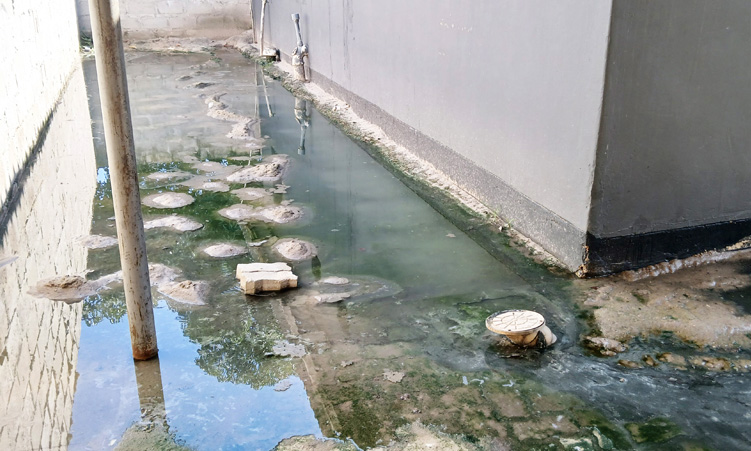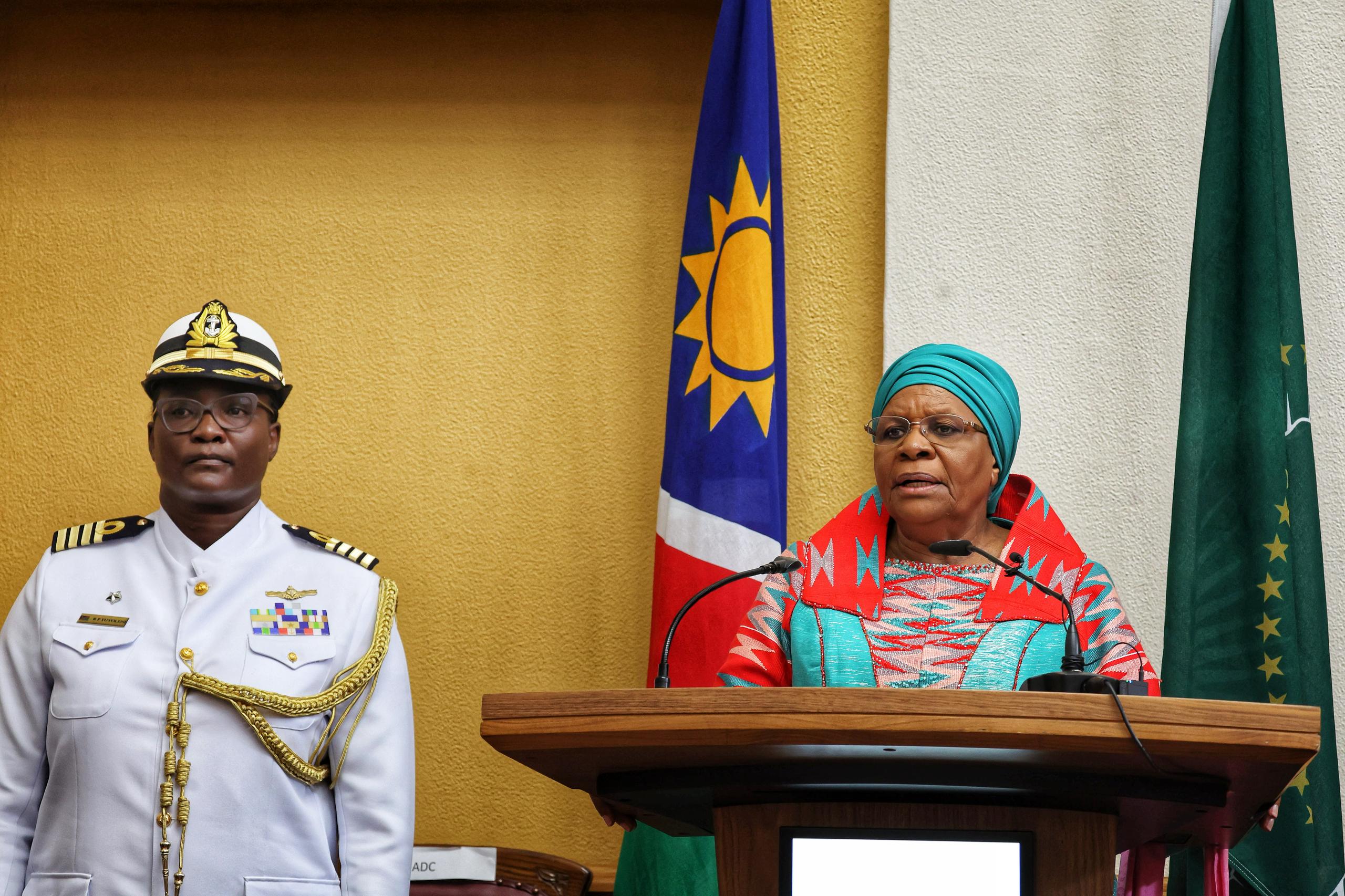Katima Mulilo Town Council chief executive Raphael Liswaniso says the town’s sewerage infrastructure is in a disastrous state as some of the pipes are so old they have turned into soil.
The current sewerage infrastructure was designed for a population of 8 000; however, the town’s population stands at 46 401.
Liswaniso said this during an interview with The Namibian yesterday, adding that the town has been battling with sewage overflowing and blockage challenges for the past 25 years.
He added that the affected locations are New Look, Soweto, Ngweze, Greenwell and Boma.
“What makes the repairing difficult is the design system of the old sewage network, as the houses are built on top of it. The sewage pipes were built with orange sandbag pipes since before the 1980s and have turned into sand. As a result, the sewerage lines underneath these houses are non-existent, subsequently creating hazardous conditions,” Liswaniso said.
He added that they attempt to do repairs, but it requires the whole sewerage network to be replaced.
“The government has allocated about N$491 million for the construction of a treatment plant over the next three financial years. However, this does not even solve half of the problem because the sewerage lines would not be able to direct it to the sewer treatment plant due to their current conditions. We would need an additional N$500 million to replace the whole sewerage system,” he said.
Liswaniso added that the sewerage pump stations are currently pumping 24/7 despite being old, which results in pumps breaking on a weekly basis.
“We are replacing sewerage pumps every two weeks, and it’s a costly exercise. Ideally, for the pump stations to function properly under the current pressure, we would need to upgrade them by installing about three pumps in each of them. Imagine, one pump costs over N$50 000. This is money the council does not have,” he said.
Residents like Alphonsina Libetwa have had to endure sewage waste overflowing in their homes and yards on a daily basis.
As one enters Libetwa’s house, the stench is evident from the kitchen door and as you walk through the house.
Libetwa said she no longer sleeps at her house because she cannot handle the smell.
“Whenever the sewage waste overflows, I mostly live outside due to this bad smell. I only go inside to sleep. However, I cannot sleep properly. I even lose my appetite because who wants to cook and eat in a house that smells like that? At the risk of my health, I try my best to drain the sewage waste manually using a bucket,” she said.
Libetwa said even the strongest cleaning material does not take the smell away, and it fills up again anyway.
“I decided to move to my sister’s house. I really feel bad that I cannot live or sleep in my own house,” she said.
Libetwa said she reports blockages immediately; however, the council does not respond on time.
“When they finally come and fix the blockage, it does not last. . . We are dying while we pay our rates and taxes on time. The council keeps on approving backyard flats while they know very well that their sewerage infrastructure cannot handle it,” she said.
Resident Mackien Masule’s backyard regularly overflows with waste.
“We have been suffering like this for years now. I have to keep my children indoors the whole day because they will go play in that sewage waste. It’s really not a healthy environment for all of us as breathing becomes difficult at times,” he says.
Masule says they have stopped opening their windows to minimise the smell entering the house.
“We live through this bad smell on a daily basis. We report this weekly. However, we do not get assistance on time. The town council should do weekly maintenance on their infrastructure because they know it is in a dilapidated state,” he says.
Former health minister Richard Kamwi says the spillage of sewage waste around the town is a ticking time bomb.
“The day a bacteria known as vibrio cholera hits the surface of that mess at Katima Mulilo, the infection will spread like wildfire. This matter needs the central government’s intervention to avoid such a disaster,” he says.
Stay informed with The Namibian – your source for credible journalism. Get in-depth reporting and opinions for
only N$85 a month. Invest in journalism, invest in democracy –
Subscribe Now!










